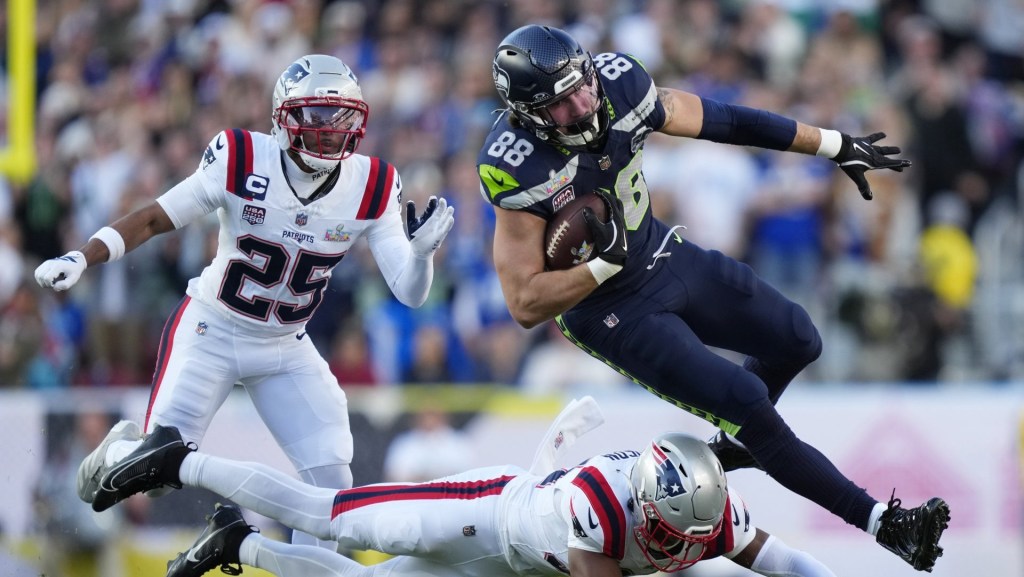The NHL has brought the hammer down for its first modern-day gambling-related suspension.
On Thursday, the league announced it suspended Ottawa Senators forward Shane Pinto for 41 games — half an NHL season — for “activities related to sports wagering.”
A league statement emphasized that its investigation did not find any evidence that Pinto bet on NHL games. It’s not immediately clear what the 22-year-old did to warrant the suspension, but a league wagering partner alerted the NHL to unusual activity coming from an account belonging to Pinto, according to Sportsnet.
Pinto will not appeal the suspension, per an agreement between the league, player, and NHL Players’ Association. The league considers the matter closed barring any new evidence.
“I want to apologize to the National Hockey League, the Ottawa Senators, my teammates, the fans and city of Ottawa and most importantly my family,” Pinto said in a statement. “I take full responsibility for my actions and look forward to getting back on the ice with my team.”
The young American is currently an unsigned restricted free agent — the only player in the league with that status — and the investigation, which reportedly began over the summer, would seemingly explain why he has not signed a deal with or asked for a trade from the Senators. His suspension began with Ottawa’s first game of the season regardless of his contract status.
“When the time is right and with the league’s blessing, we will welcome him back to the organization and embrace him as one of our own,” the team said in a statement.
The Senators were the first team to partner with a betting company for its helmet sponsor when it signed a deal with Bet99 in 2021.
A message left with Pinto’s agent, Lewis Gross, was not immediately returned.
Pinto’s suspension is the first for the NHL since PASPA’s repeal in 2018. Other American sports entities have doled out bans, especially in the last year.
The NFL handed out suspension to five players in April, followed by four more in June, but has since modified its gambling policies.
The state of Iowa came down hard on the football and baseball programs at Iowa and Iowa State, eventually securing guilty pleas from five athletes for underage gambling.
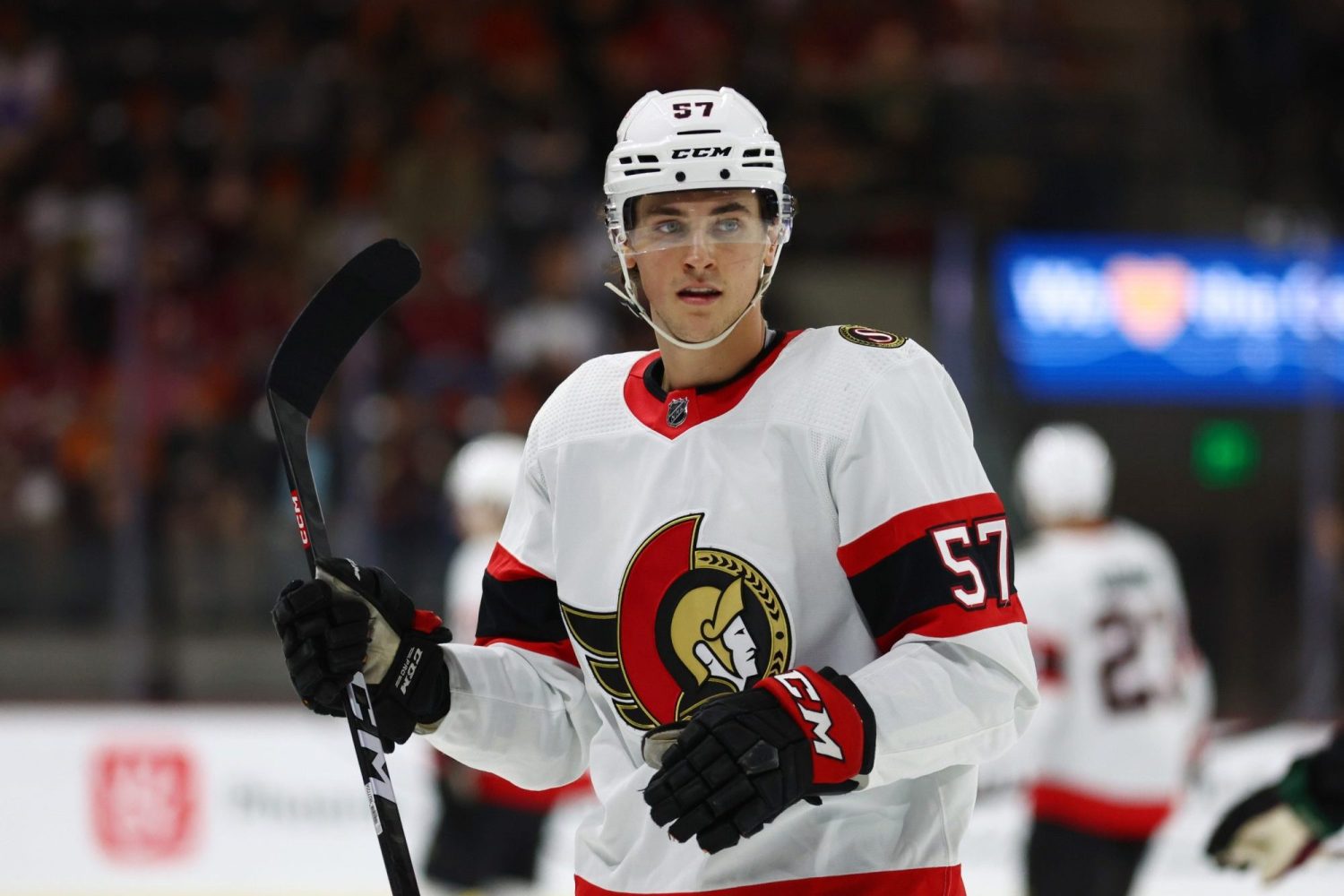
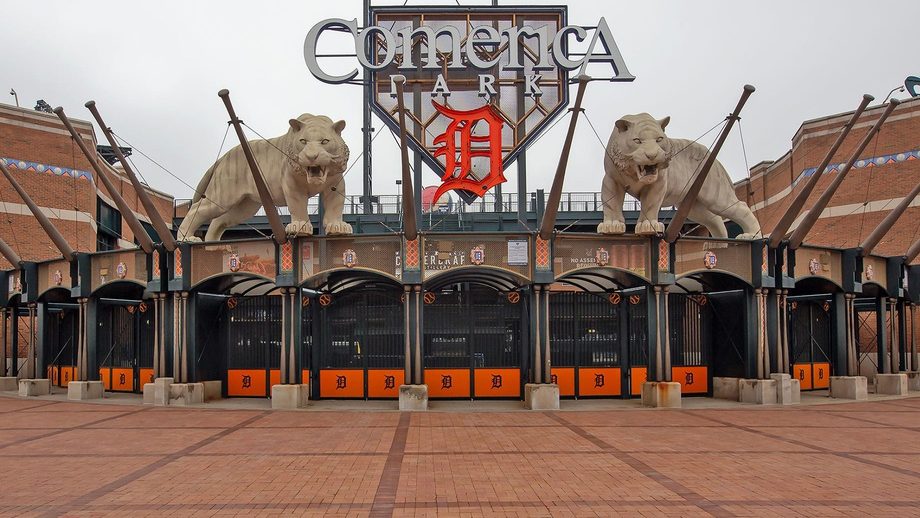

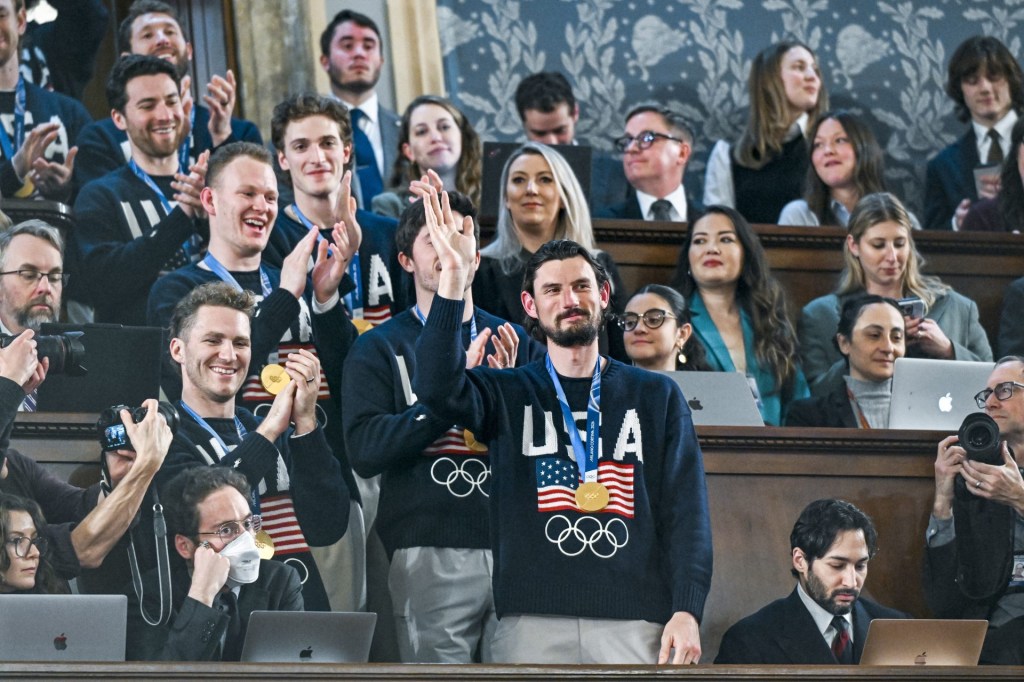



![[Subscription Customers Only] Jun 15, 2025; Seattle, Washington, USA; Botafogo owner John Textor inside the stadium before the match during a group stage match of the 2025 FIFA Club World Cup at Lumen Field.](https://frontofficesports.com/wp-content/uploads/2026/02/USATSI_26465842_168416386_lowres-scaled.jpg?quality=100&w=1024)
![[Subscription Customers Only] Jul 13, 2025; East Rutherford, New Jersey, USA; Chelsea FC midfielder Cole Palmer (10) celebrates winning the final of the 2025 FIFA Club World Cup at MetLife Stadium](https://frontofficesports.com/wp-content/uploads/2026/02/USATSI_26636703-scaled-e1770932227605.jpg?quality=100&w=1024)
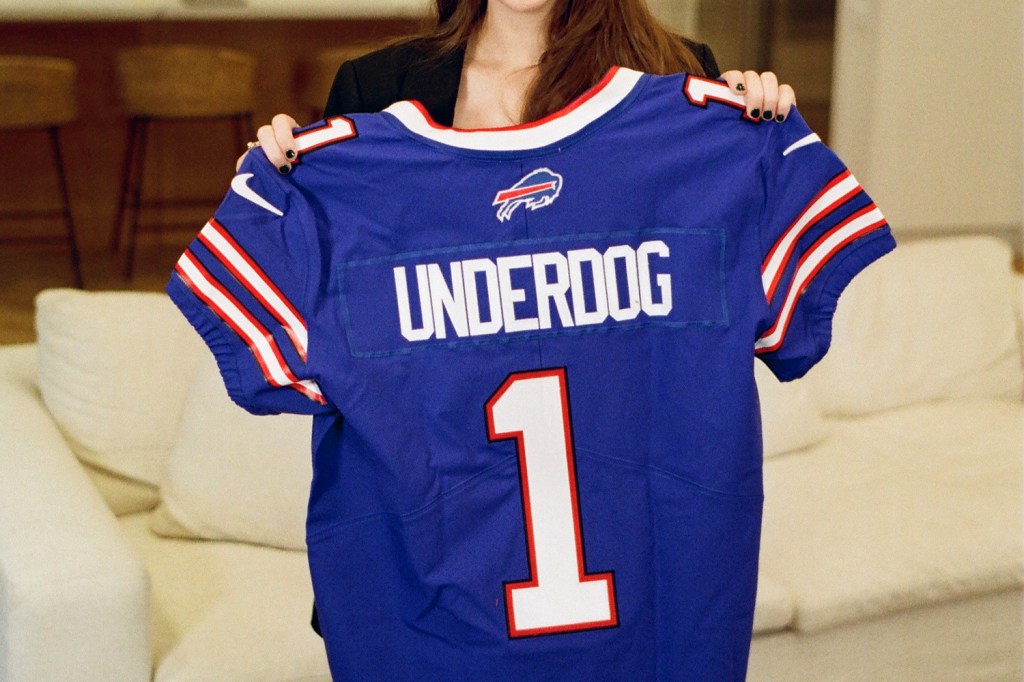
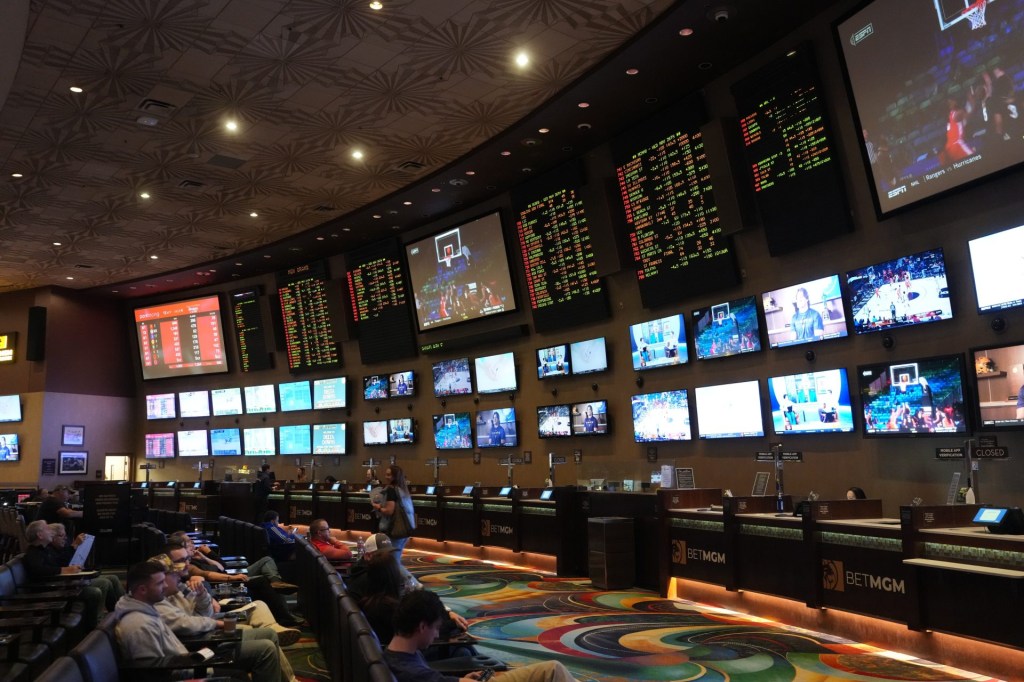
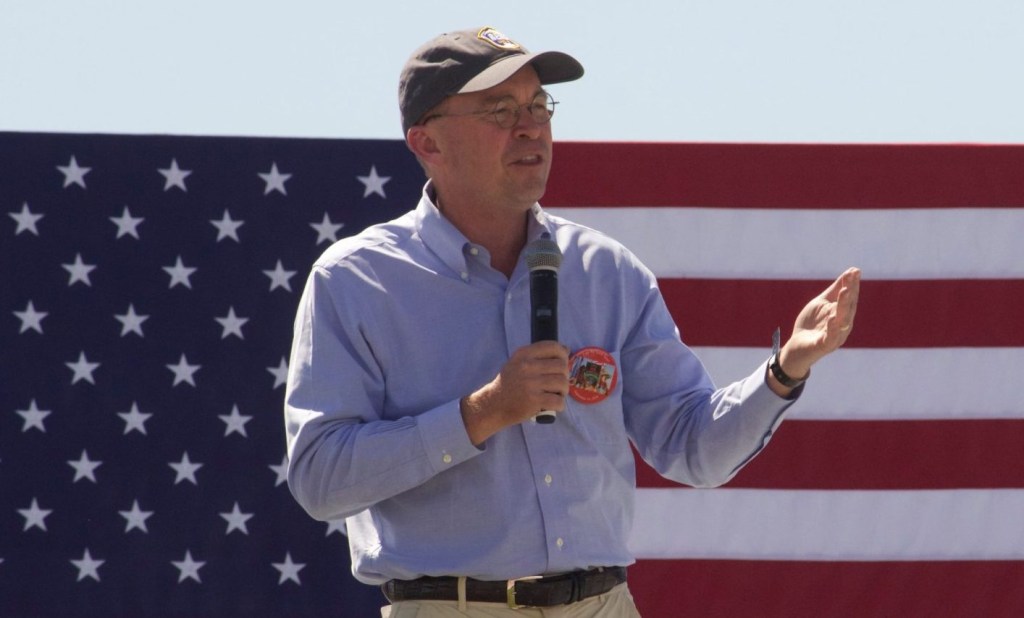

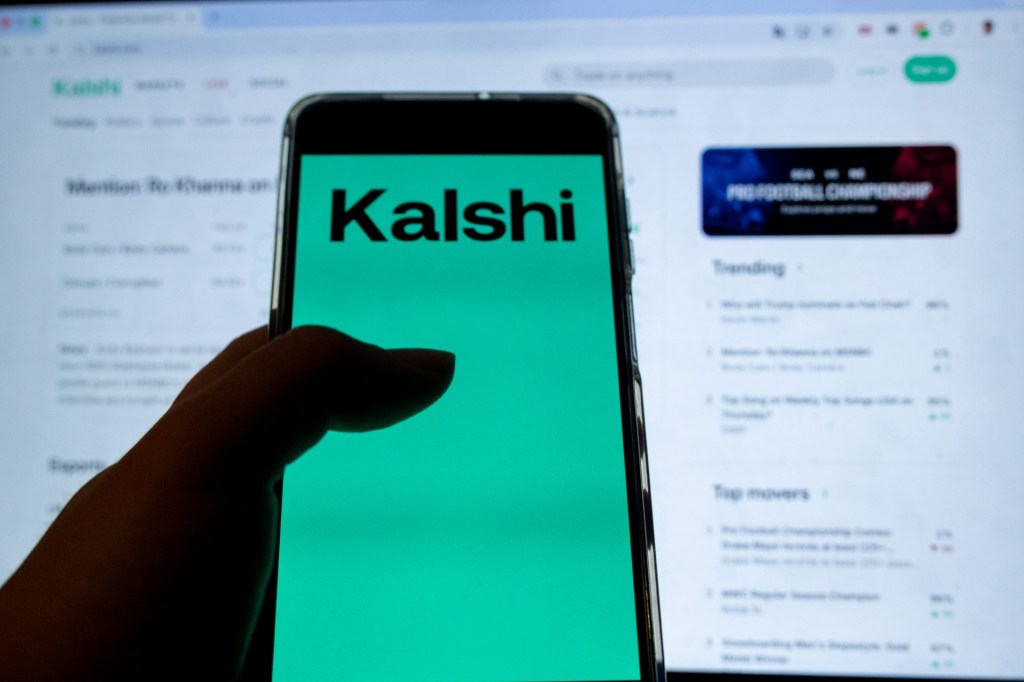

![ESPN Bet broadcasts inside the PGA Tour Studios building in Ponte Vedra Beach, Florida, on March 14, 2025. [Clayton Freeman/Florida Times-Union]](https://frontofficesports.com/wp-content/uploads/2026/02/USATSI_25668497_168416386_lowres-1-scaled.jpg?quality=100&w=1024)
